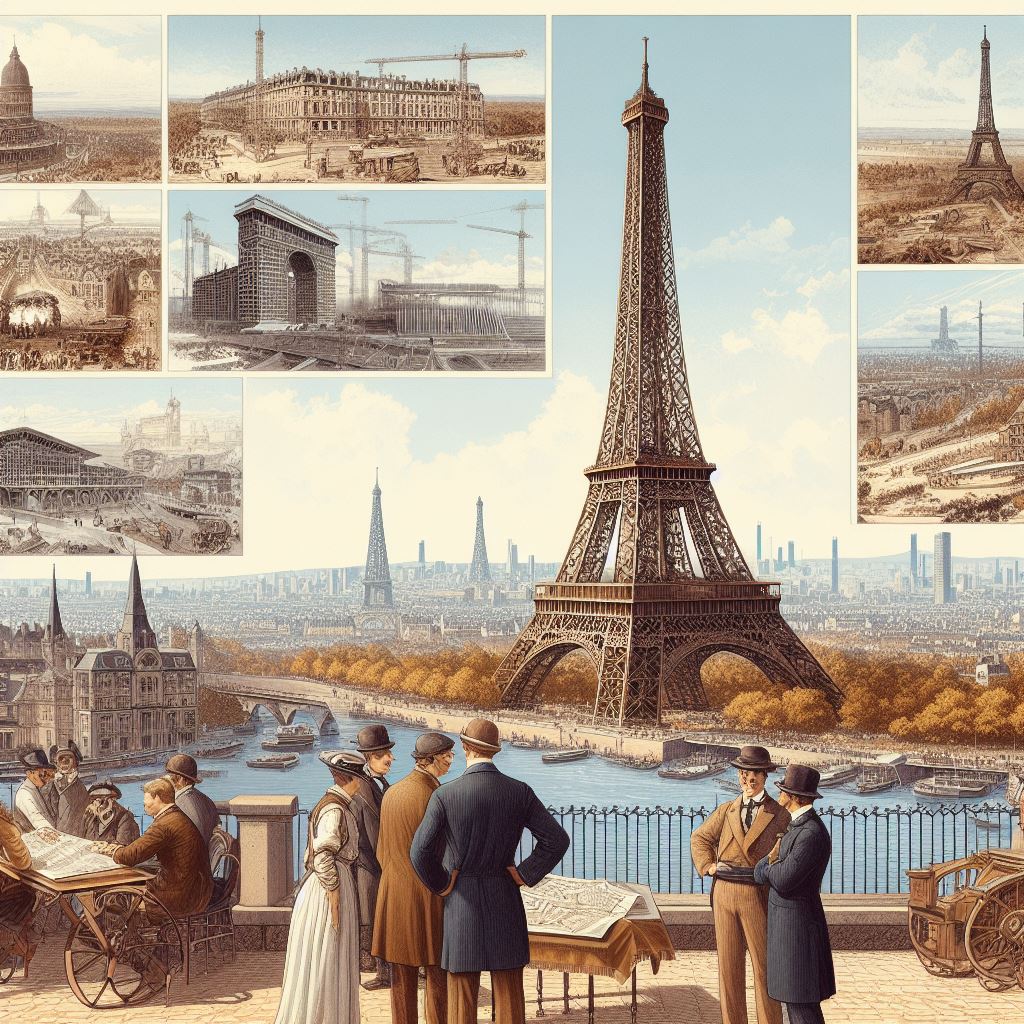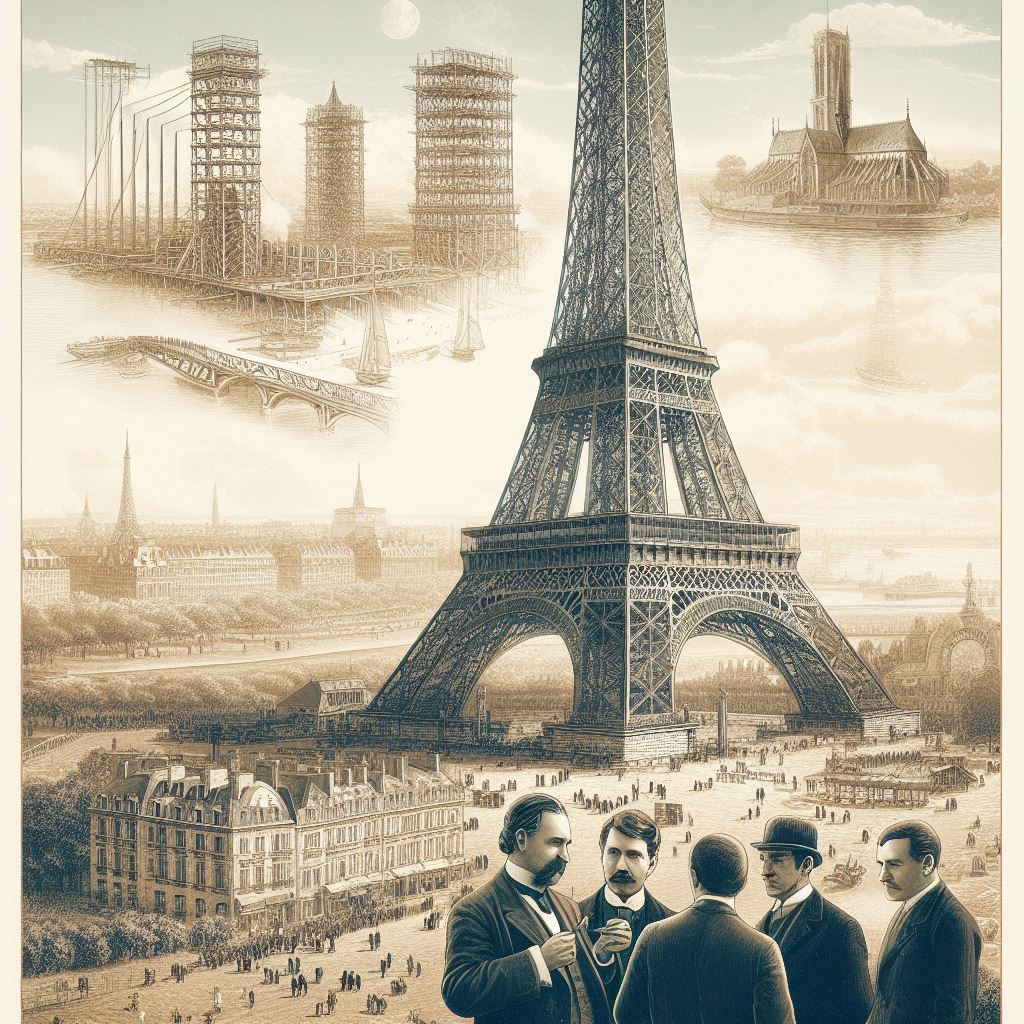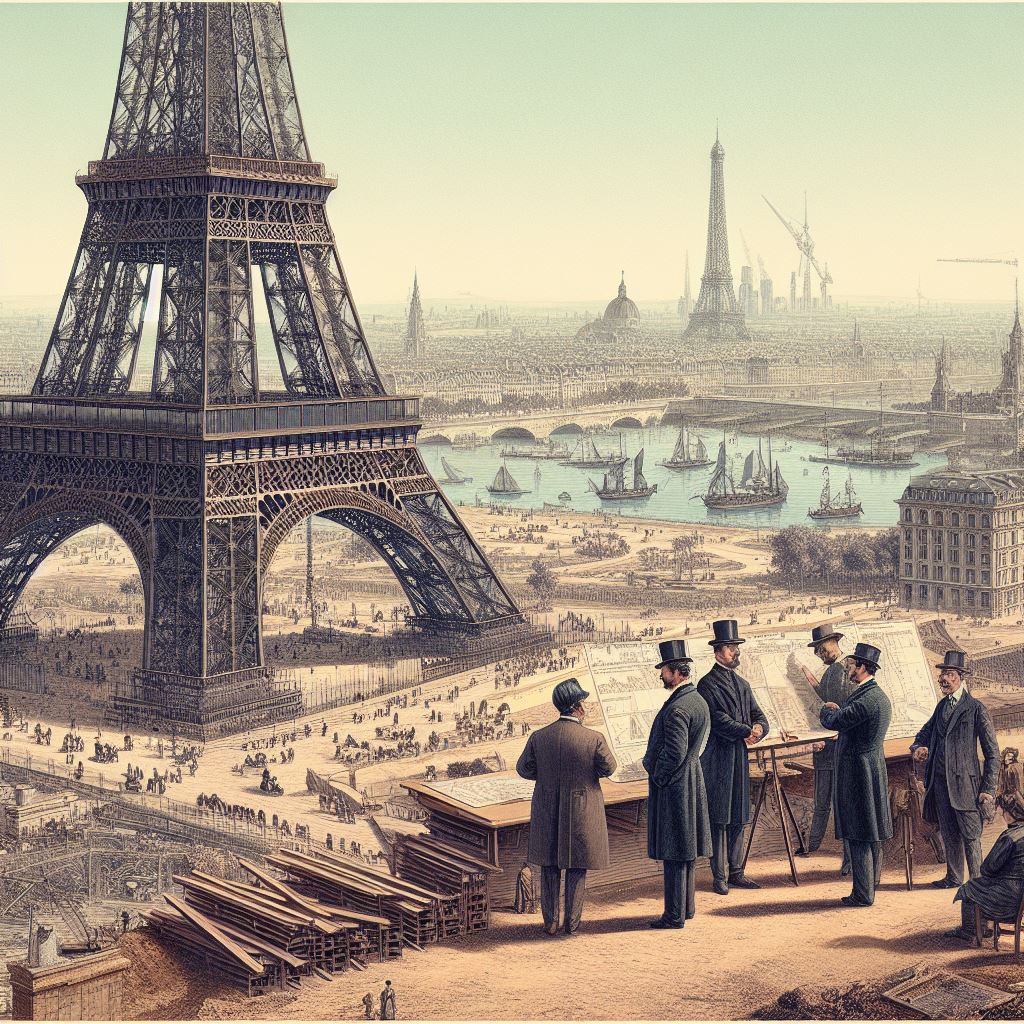
Unveiling the Fame: The Eiffel Tower's Legacy
The Eiffel Tower, an emblematic Parisian monument, stands tall not just in Paris but in the heart of many across the globe. But what is it that cements the Eiffel Tower's stature in history and popular culture?
A Brief Dive into the History of the Eiffel Tower
At its inception, this Iron tower was a daring representation of engineering and vision. The historical background of the Eiffel Tower’s construction dates back to 1887, with its completion in 1889. But to understand its significance, we must delve deeper into its genesis.
Gustave Eiffel's Vision
Gustave Eiffel, the brilliant mind behind this marvel, envisioned a monument that would challenge architectural norms. Facing both technical and social challenges, Eiffel was determined to create an engineering marvel that was both functional and aesthetically pleasing.
“I ought to be jealous of the tower. She is more famous than I am.” - Gustave Eiffel
Eiffel's vision wasn't without its challenges. During its construction, many critics dubbed it as a monstrous eyesore. Public reception was divided; however, over time, its elegance and the sheer audacity of its design made it a beloved Paris landmark.
The Tower's Multifaceted Significance
The Eiffel Tower isn't just an architectural feat; its significance sprawls across various domains.
Cultural Significance
Over the years, the Eiffel Tower has cemented itself as a symbol of love, romance, and Parisian identity. Couples from around the world dream of a romantic rendezvous beneath its iron lattice.
Architectural and Historical Significance
As a French architectural marvel, the Eiffel Tower challenges traditional architectural norms of its time. Beyond aesthetics, the tower also represented a leap in engineering, showcasing what humans could achieve.
The Eiffel Tower and the 1889 World's Fair
The World Exhibition of 1889 was a significant event that showcased human achievements. The Eiffel Tower, constructed as the entrance arch for this fair, was the star of the show. It not only demonstrated France's industrial prowess but also its cultural contributions to the world.

The Eiffel Tower in Pop Culture
The tower isn't just confined to history; it has a prominent place in modern culture.
-
Cinema: From romantic comedies to thrillers, the tower graces many a film scene, representing both love and intrigue.
-
Literature: Numerous authors have used the tower as a backdrop, symbol, or even a character in their narratives, amplifying its cultural resonance.
-
Music: Many songs across genres have serenaded the beauty of this City of Lights landmark.
A Symbol Beyond Bricks and Mortar
At its heart, the Eiffel Tower is more than just iron and paint. It's a testament to human ambition, a symbol of love, and a beacon of cultural pride.
As one travels through Paris, it's hard to miss this iconic structure. It serves as a reminder of France's illustrious past, its vibrant present, and its promising future. Tourists and even locals often gaze up in awe, captivated by its majesty.
For architecture students and professionals, it's an epitome of design and engineering. For history enthusiasts, it's a window into a bygone era. For travelers, it's a must-visit destination, and for those smitten by love, it's a symbol of eternal romance.

Conclusion
To encapsulate the Eiffel Tower's fame is no easy task. It’s not just a monument; it’s an emotion, a symbol, and a story. As Gustave Eiffel once envisioned, it stands tall, not just in Paris, but in hearts worldwide.
For those keen on further exploration, works like "The Tallest Tower: Eiffel and the Belle Epoque" by J. Harriss and "Gustave Eiffel" by H. Loyrette provide an in-depth look into the tower's fascinating history.
History




